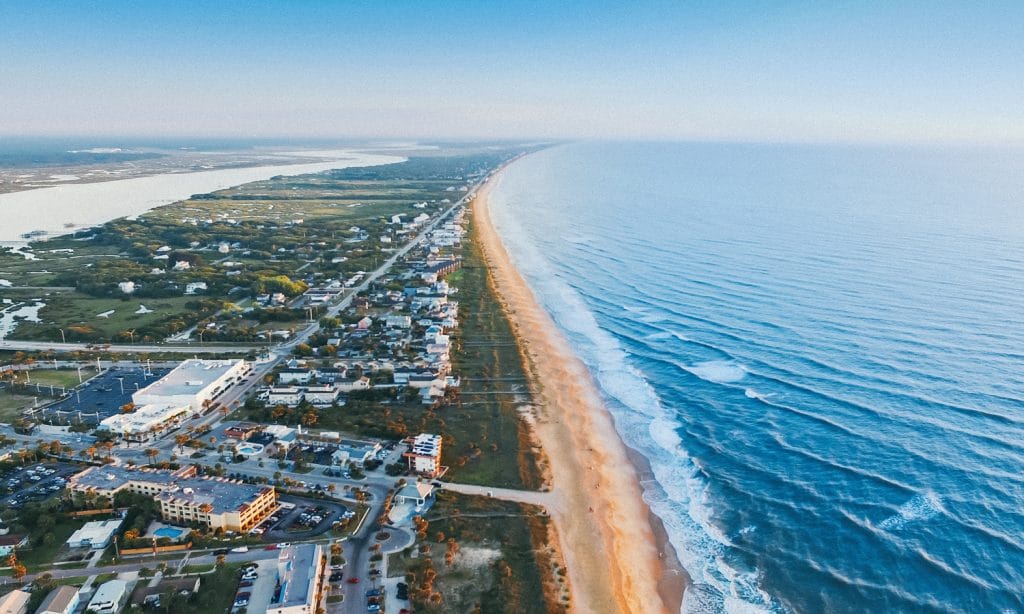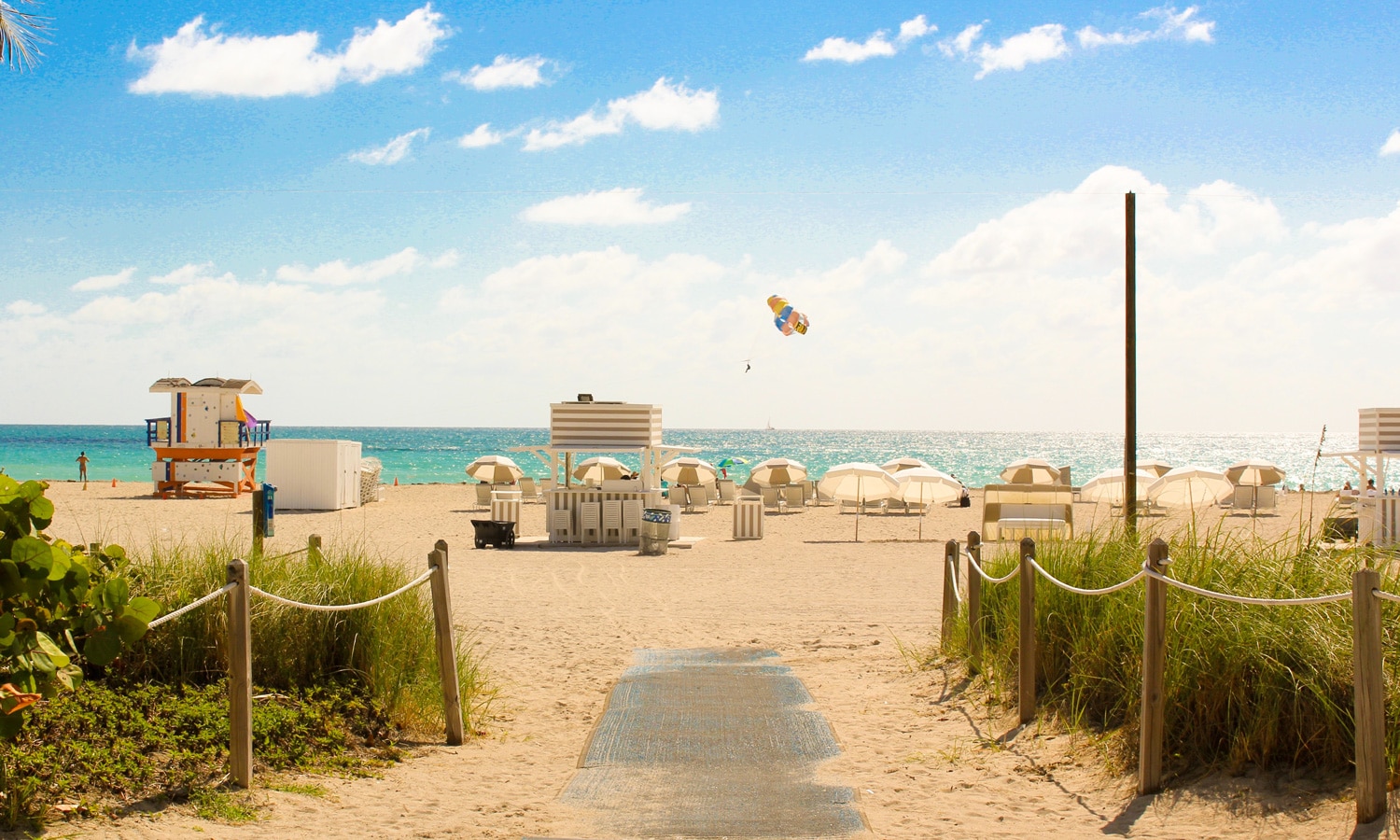The overwhelming majority of Floridians support legal cannabis, yet the state legislature and Department of Health have done everything possible to make access to this plant as cumbersome as possible.
Florida is currently a legal medical marijuana state, but with some twists. The road to get here wasn’t easy, and there is still a long way to go before Floridians have any form of adult use or recreational cannabis available to them.
In November of 2016 Floridians voted on a constitutional amendment to introduce medical cannabis to the state. The amendment passed with 71.3% of voters in favor of the initiative.
The first major obstacle for patient access was the way the Florida legislature implemented the newly passed constitutional rights. Florida is a truly vertically integrated state, with license holders responsible for all levels of the cannabis industry, from cultivation to processing, all the way through dispensing the medication to patients. This is still the case here, with the Office of Medical Marijuana Use originally only issuing 4 licenses and slowly adding more as the patient count grew.
Florida currently has 22 licensed Medical Marijuana Treatment Centers (MMTC, Florida’s legal term for these vertically integrated cannabis companies), with only 13 actively dispensing products to the now 300k+ patients, according to statistics.
RELATED: As The Presidential Election Looms, Where Is Florida In Their Legalization Of Marijuana?
Beyond the limited number of available companies to purchase their cannabis, patients in Florida have also had to tackle a number of issues surrounding what the “powers that be” in the Florida Department of Health would allow for delivery method. When the first crop of cannabis companies began dispensing products here in Florida, they were limited to “vapeable” concentrates and tinctures.

Even beyond that, for the first several months of sales, the MMTCs were only allowed to sell CBD to an in-person patient but could deliver THC products to patient’s homes. Floridian’s didn’t have access to whole flower medication for nearly three years until a lawsuit from Cathy Jordan ruled that the limitations in place by the state were unconstitutional.
Floridians are still waiting for approval of rules to allow legal sales of edibles, which have only recently received proposed rules. Recent attempts at getting adult use ballot initiatives onto the 2020 ballot have also run into some complications, with the Make It Legal Florida petition qualifying for Supreme Court review but failing to get the signatures required to make it onto the ballot.
RELATED: Florida Won’t Legalize Marijuana In 2020 — Here’s Why That’s A Good Thing
There are also currently a few measures being floated throughout the Florida legislature regarding placing a 10% cap on THC products — potentially making medical cards free for veterans — and an additional adult use ballot initiative called Regulate Florida that has also qualified for Supreme Court review, but failed to make the required signature count to make the 2020 ballot.
Basically, the overwhelming majority of Floridians support legal cannabis, yet the state legislature and Department of Health have done everything possible to make access to this plant as cumbersome as possible. From limited store choices to arbitrarily complex and slow approval processes for getting a product from R&D to consumers, it seems like Florida is dead set on making it as hard as possible for patients.
So, while Florida is technically a legal medical state, it is far from a perfect or comprehensive system, and it is standing in the way of the will of its own citizens.


